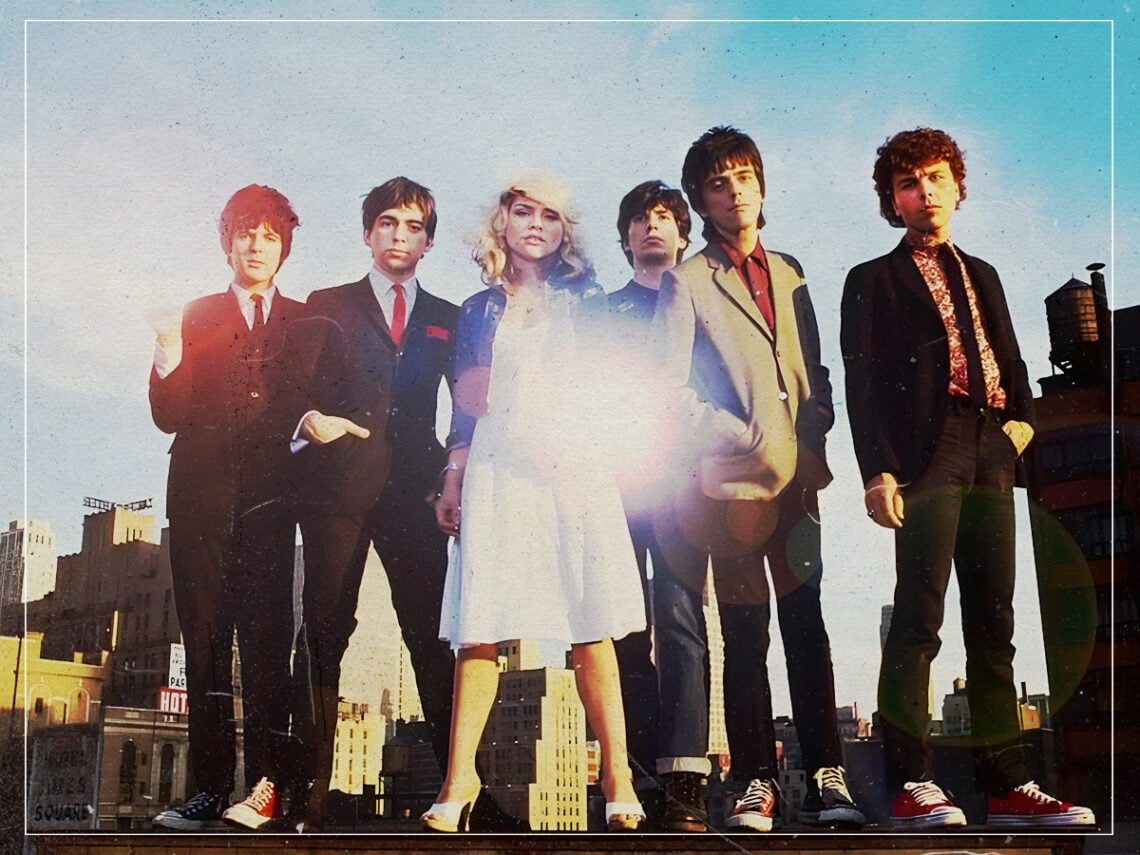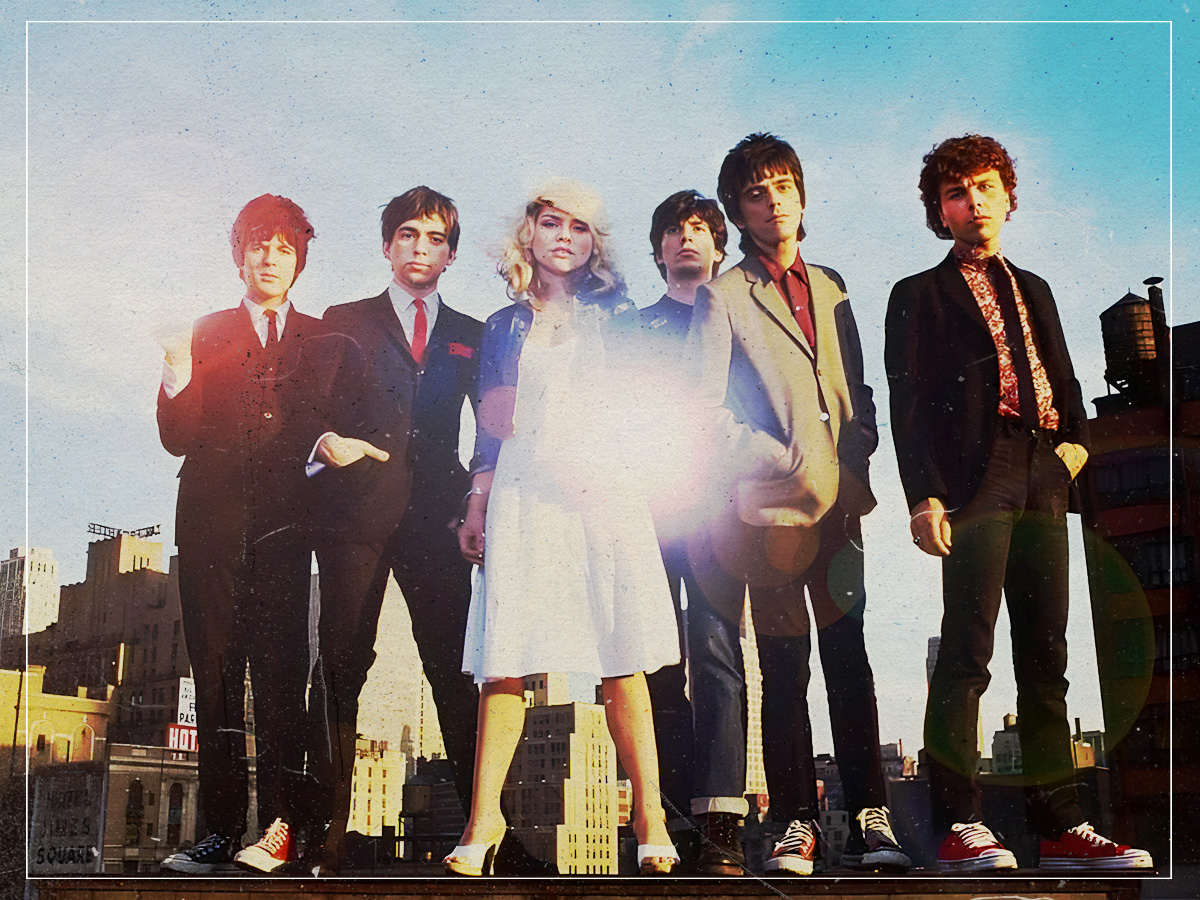
(Credits: Far Out / Alamy)
Sat 30 August 2025 6:00, UK
It’s easy to look at Blondie as a group that had it easy, emerging from the CBGB scene like they were built for success. But they had a lot of intensity to get through before reaching commercial success.
There were a lot of reasons why Blondie made it. The first was that no one thought they would. Swirling in the same new wave pot as Talking Heads and Television, Blondie weren’t really taken as seriously at first. They were fun to watch for most people. They even had some songs that would probably withstand the test of time at that point.
But there was also a lot that held them back, and not through any fault of their own. For starters, they had a frontwoman. Debbie Harry was both a contradiction and something people labelled as hand-crafted for the male gaze. But that confusion is also what made her so great, because as she performed, overly aware of the simple fact that she confused and dazzled everyone in her eyeline, she also did what she wanted, not pandering to anybody.
Other things, like the sudden realisation they’d painted themselves into a corner, also caused them to become somewhat stagnant. An edgy, punk-leaning band without legs for commercial success (like how people viewed Talking Heads’ potential) was also holding them back. But then, like the hot fires of divine intervention, came Mike Chapman.
He had one mission, and that was to wipe the smile off the faces of all the people who called Blondie fads and make them megastars. But to do this, he had to get a little mean. So they say. “They were all over the place, musically,” he later said, talking about their time working on Parallel Lines. “The group didn’t know what hit them.” While he, for whatever reason, left Chris Stein alone, he recalls Harry being a little stoic. But the one who got it the worst was Nigel Harrison, who once got so angry with the producer that he threw a synthesiser at him in the studio.
According to Chapman, he’d gotten so harsh with Harrison that he snapped, threatening to “take me apart piece by piece if I didn’t back off.”
He added, “No one was happy with my technique.”
It probably didn’t help that he also walked on eggshells around “moody” Harry for fear she’d pour her frustrations into the music. But even still, it all paid off.
As Stein later reflected, Parallel Lines worked and was so popular because it “connects punk and pop, especially in the vocals and the raw guitars.” He also said it has “the snarl of punk and the glossiness of pop.” Chapman was well aware of the challenge he faced going into it. He’d even said that Blondie, at the time, had suffered such frayed dynamics that getting anything done was near impossible, only caring about having fun but not wanting to work hard enough to get it.
But pushing them, even though he forced them to their limit, is what gave them their commercial edge, breaking them free from the shackles of an underground rock group and allowing them to become something that would still be talked about for years to come.
Related Topics
